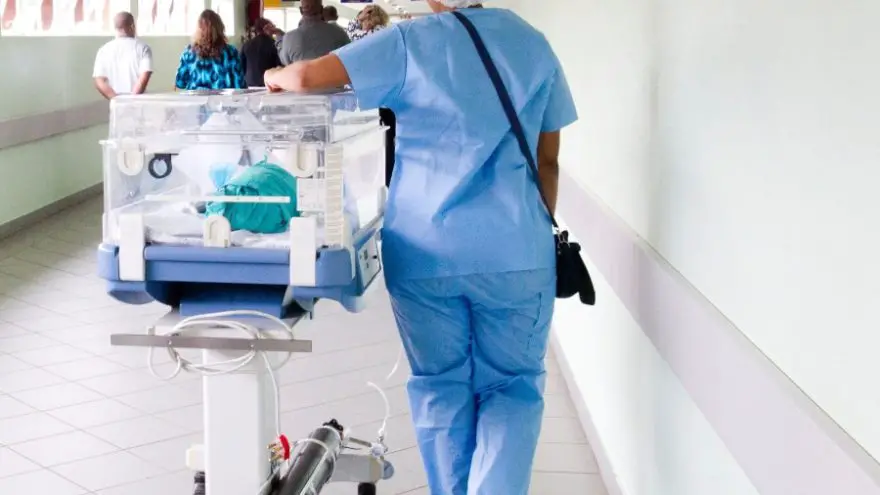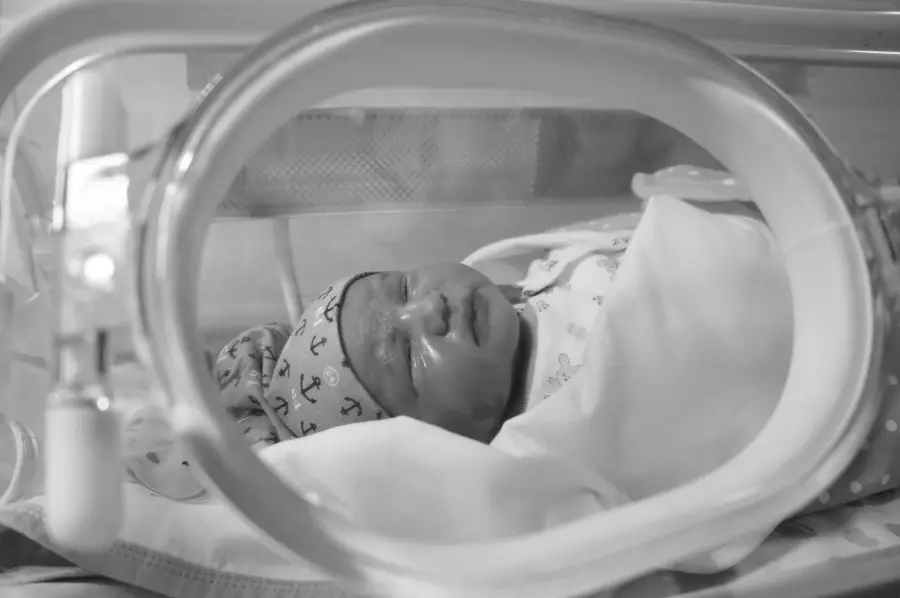Caring for a Premature Baby

Any baby born before the 37th week of gestation is considered premature. While complications your baby face may be different than the complications of other premature babies there are a few universal things you need to know when you finally get to bring your baby home from the hospital. There are many complications that a premature baby may face that can keep them in the NICU (neonatal intensive care unit) for varying amounts of time, ranging from days to weeks. As science progresses and our understanding of baby’s needs increases, more often than not a premature baby will eventually go home from the hospital and all the specialized care they need will fall to their parents.
Special considerations
Before a baby is discharged from the NICU there are a number of milestones that the doctors and nurses want your baby to achieve. Also, you need to learn coping while your baby is in the NICU. When a baby is born early their body is not fully developed and ready to face the outside world. Considerations regarding their ability to survive outside of the hospital usually fall into the categories of breathing, eating, and sleeping. Your baby’s doctor will be watching to make sure that your baby can maintain normal body temperature for 24-48 hours in an open crib, whether or not they are able to eat without needing a supplemental feeding tube, and if they are gaining weight.
Just because it has been decided that your baby is doing well enough to go home doesn’t mean they are completely ready to thrive without further medical intervention. Most babies that are born prematurely can suffer from apnea, which is a condition that causes babies to stop breathing. Whether your baby’s apnea is severe enough to require a monitor or not will be up to your doctor, but even if it isn’t you’ll want to learn infant CPR and make sure that anyone who is charged with watching the baby knows it as well.
Some babies go home with equipment to help them to breathe, especially if their lungs are still trying to catch up on developing. If your baby is going to be sent home with a ventilator or supplemental oxygen your doctor will work with your insurance to make sure that these things are ready by the time you go home. Make sure you understand fully how they work and what to do if there is a problem.
 While your baby should be able to eat and gain weight before you come home, they still may need supplemental feeding through a tube that is passed through their nasal passage and into their stomach. It is a fine balance to figure out how much to feed and when to a premie as they need excess calories but their intestines cannot always handle being fed much at each session. Your doctor will send you home with a feeding schedule and it will be important to stick to it.
While your baby should be able to eat and gain weight before you come home, they still may need supplemental feeding through a tube that is passed through their nasal passage and into their stomach. It is a fine balance to figure out how much to feed and when to a premie as they need excess calories but their intestines cannot always handle being fed much at each session. Your doctor will send you home with a feeding schedule and it will be important to stick to it.
Your baby’s immune system still needs some time to fully form as well, so be on the lookout for any signs of infection. Even common infections that most babies get over easily may be troublesome for your baby. Ask your doctor what signs to look for and what to do if you notice them.
When you get home
Once you are at home with your baby it is time to set boundaries for the safety of your baby. While family members may be disappointed, they will eventually understand why you need to limit visits at first. Since your baby is at risk for infection it is a good idea to keep them a bit isolated. That means keeping visits outside of the house limited to must attend events like doctor’s appointments. Because your baby is taking up a lot of time and energy, you may not feel up to going out anyway. A good way to keep people updated is to post pictures where they can see them and provide updates through social media or email.
The safest sleeping position for your baby is on the back as it reduces the risk of SIDS. While you may want to co-sleep it might be better to keep your baby in a bassinet next to the bed if they have tubes or other medical devices attached. Make sure that your car seat is installed properly and that the baby is able to sit in it in a safe way where their airway is protected. Avoid aftermarket car seat parts as they can increase your baby’s risk of injury.
Consider practicing kangaroo care. You probably have already been instructed about the importance of skin to skin contact in bonding and thriving for your baby. The more you hold them the better for them. Remember you cannot spoil a baby by holding them too much or reacting to their needs too quickly, this is doubly important when taking care of a premie.
Finally, make sure you’re taking care of yourself as well. You may need outside help so that you can get enough rest, to order take-out more often to make sure you’re eating enough even when you’re exhausted from taking care of the baby or even to hire a part-time nurse depending on the severity of your baby’s conditions.
Parents of preemies are at increased risk for postpartum depression as well, so keep a good log of your feelings and reactions and make sure you seek help immediately if you suspect that you’re getting depressed. Treatment for depression can take 2-4 weeks to begin to work so getting started early on is key for recovery.
Taking care of your preemie can be one of the hardest and yet most beautiful things you’ve ever done. While it can be easy to get overwhelmed with feeding schedules, and infection protocols, make sure you also spend some time just enjoying your new baby because the hours are long but the days go fast. Consider keeping a journal of your feelings to reflect back on later when you’re less stressed and better rested.







